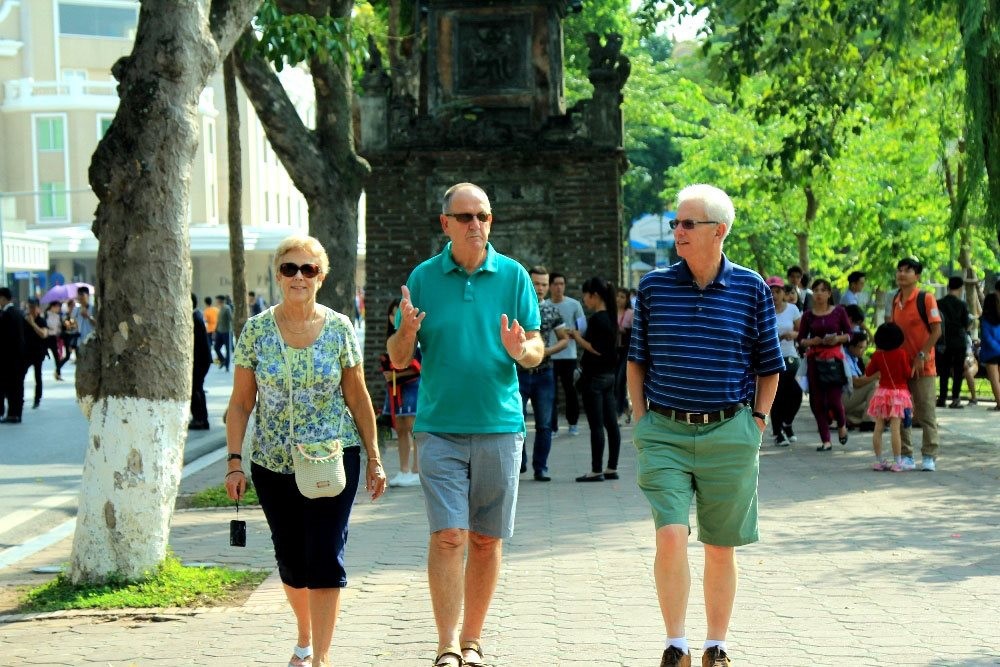Residents in Ca Mau have been dependent on rainwater and groundwater for their daily activities and farming (Photo: VNA)
In an interview to the Viet Nam News Agency on the occasion of the World Water Day 2024 (Mach 22), Khuyen cited a report from the UN-Water showing that currently, more than 3 billion people worldwide are depending on transboundary water sources.
Without solidarity and fairness, water can be a cause of conflict when the interests of users are different and cannot be reconciled or when the quantity and quality of water decreases, which can affect human health and ecosystems, the official held, underlining the risks for water resources to become a weapon or a target of conflicts.
For Viet Nam, a country that has 3,450 rivers and streams with a length of 10 km or more, of which 405 are inter-provincial, including cross-border rivers, it is necessary to strengthen cooperation and sharing in the process of exploiting transnational water sources on cross-border rivers such as the Mekong River, Red River, Ma River, Se San River, and Srepork River, Khuyen underlined.
He noted that Viet Nam was the first ASEAN member to join the Convention on the Law of Non-Navigational Uses of International Watercourses in 2014, becoming the 35th member of the convention and enabling it to become effective after 17 years of approval.
The engagement in the convention has provided Viet Nam with a favourable legal basis to negotiate and sign bilateral and multilateral agreements with countries sharing common water sources on cooperation in resolving disputes and disagreements and handling issues related to transnational water resources, especially in the context that Viet Nam depends on the exploitation, use and protection of water resources of upstream countries, he said.
The official said that in order to prepare for the Natural Resources Law to become effective from July 1, 2024, the Department of Water Resources Management is working to build documents detailing the implementation of the law, a plan for the realisation of the law, and other documents specifying contents of the law.
The department has conducted activities to popularise the law, while focusing on building the national water resources database to meet requirements of the national digital transformation programme.
It has also built water resources scenarios to serve as a foundation for ministries, sectors, and localities to build their own water use plans, he said.
Khuyen said that the department will speed up the restoration of degraded, depleted, and polluted water sources on a pilot basis for Bac Hung Hai, Nhue, Day, and Ngu Huyen Khue rivers.
Along with closely monitoring the water resources, the department will promote international cooperation in the field, the official added./.
Source: VNA

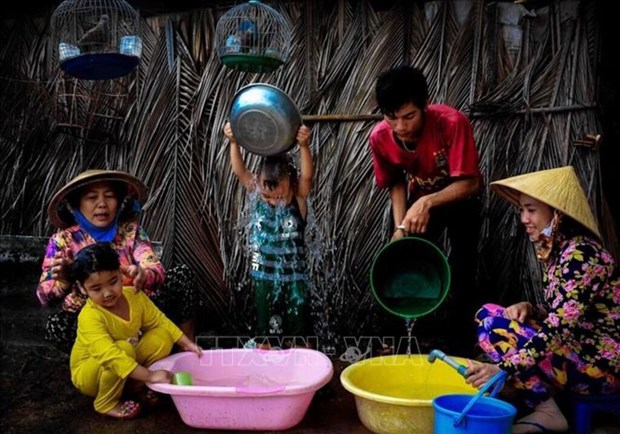
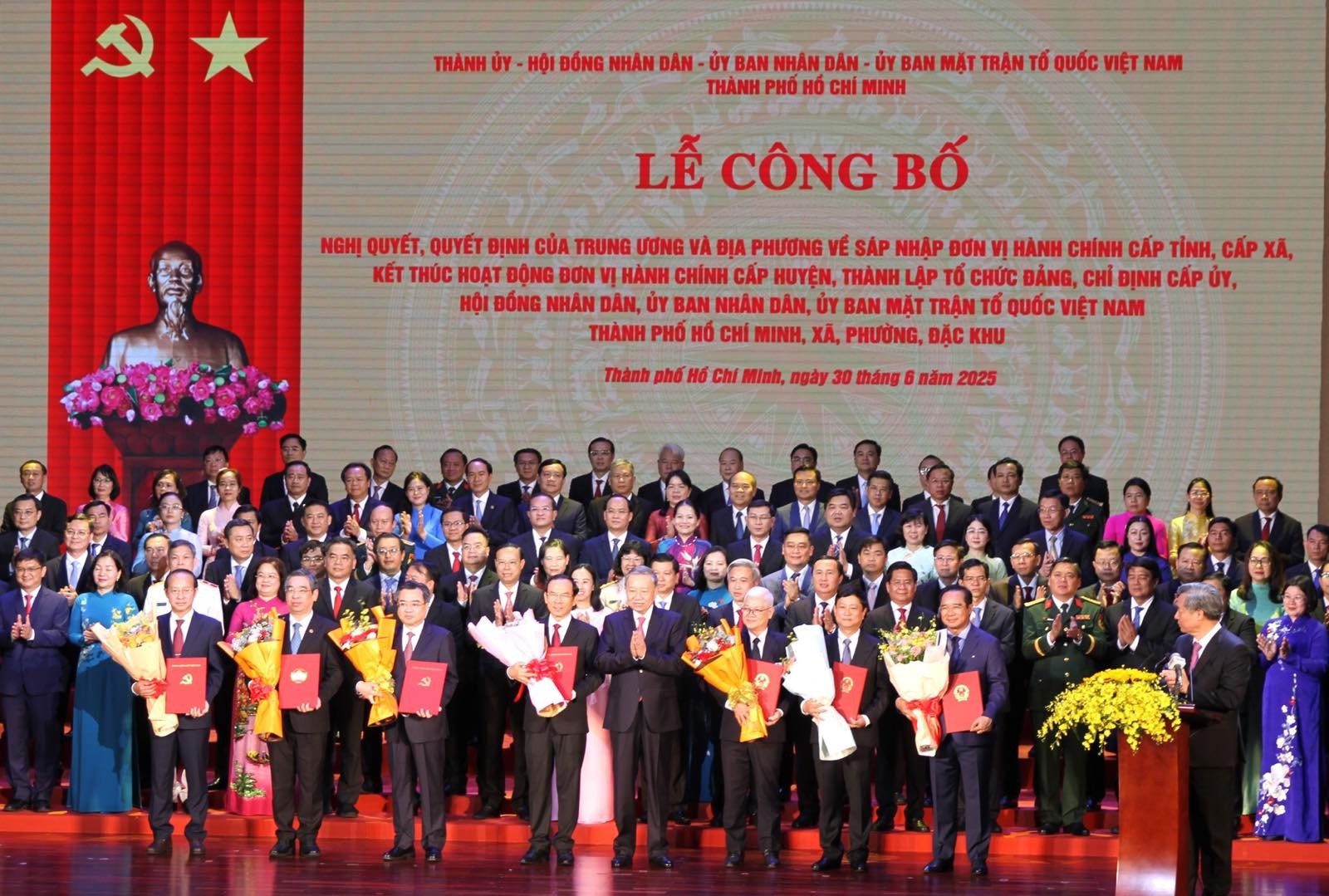
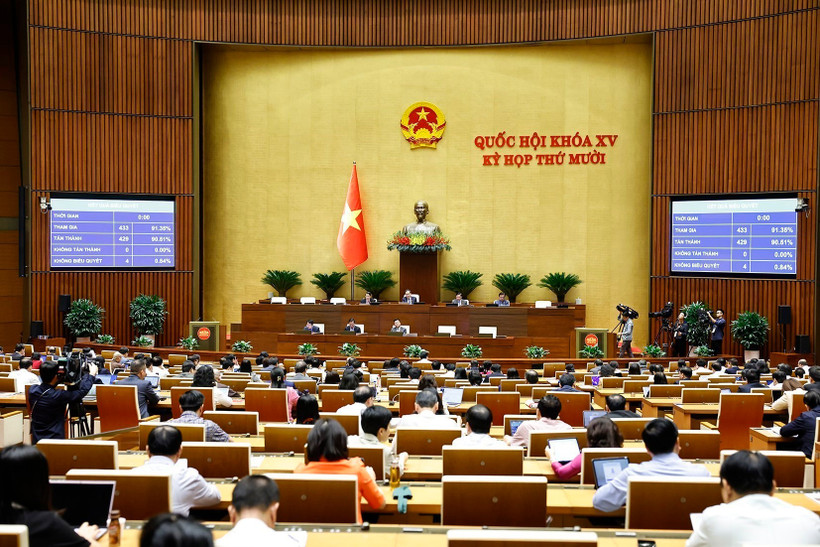



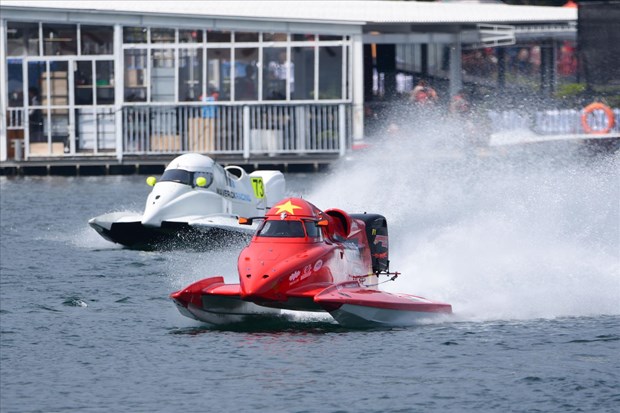
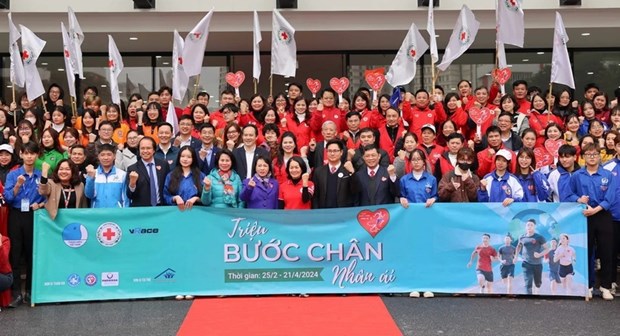
.jpg)


.jpg)
